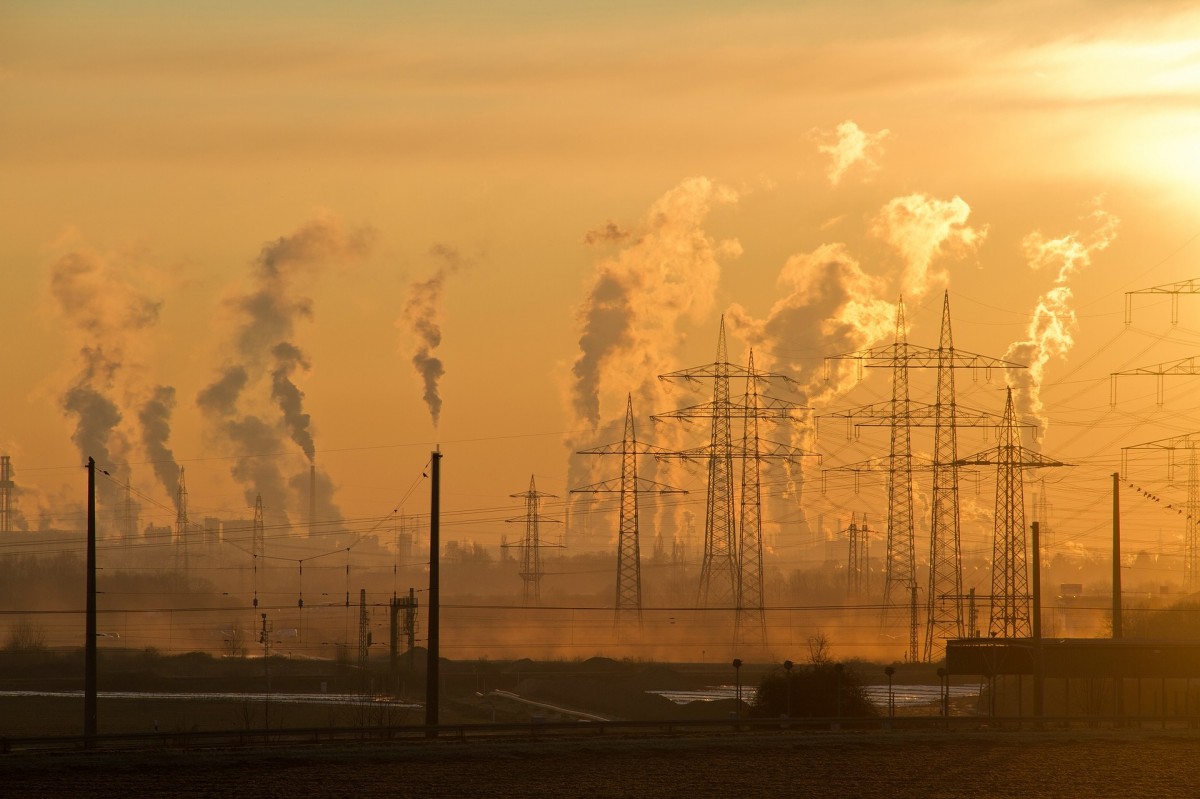At least one in eight European deaths is a result of poor quality environments, a new report released by the European Environment Agency (EEA) has revealed.
Air and noise pollution as well as changes due to climate change such as heatwaves impact the health and well being of the most vulnerable, said the report, which draws on World Health Organization data on death and disease.
“There is a clear link between the state of the environment and the health of our population,” said Stella Kyriakides, European Commissioner for Health and Food Safety.
“Everyone must understand that by taking care of our planet we are not only saving ecosystems, but also lives, especially the ones who are the most vulnerable.”
Air pollution is the main driver of death due to environmental factors in Europe, contributing to 400,000 premature deaths per year, according to the EEA. These include deaths from lung cancer, heart disease and stroke.
Noise pollution comes second and contributes to 12,000 premature deaths. This is largely attributable to road traffic and it’s increasing, the report found.
Southeastern and Eastern Europe have a higher impact, with Bosnia and Herzegovina having 27% of deaths attributable to the environment. The lowest fractions of deaths attributable to the environment were in Norway and Iceland with 9%.
Within the EU, Romania, Bulgaria and Hungary had the highest fraction of deaths attributable to the environment.
“We need a healthy environment if we want to lead healthy lives,” said Hans Bruyninckx, Executive Director of the European Environment Agency at a press conference. He emphasised in a statement the need to protect vulnerable people.
The report shows that poor communities are often exposed to more air and noise pollution.
“Poorer people are disproportionately exposed to air pollution and extreme weather, including heatwaves and extreme cold. This is linked to where they live, work and go to school, often in socially deprived urban neighbourhoods close to heavy traffic,” the report says.
Deaths due to environmental factors include cancers and health issues that can be linked to environmental pollution, Bruyninckx said. The report adds that research links air pollution to higher COVID-19 death rates.
There are additional unknown factors that influence our health including poor indoor air quality and chemical exposure, which Bruyninckx said needed to be studied. The World Health Organization estimates that 2.7% of global deaths are attributable to chemical exposure.
Climate change will also have an adverse effect on health, with current scenarios suggesting that additional deaths due to heatwaves could reach over 130,000 per year, the EEA report said.
The agency calls for creating more green spaces and blue spaces – access to marine and freshwater – in urban areas to promote healthier lifestyles and cleaner air.
euronews.com
pixabay


















